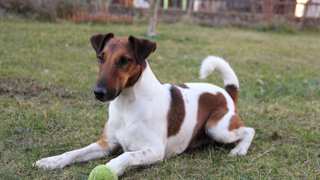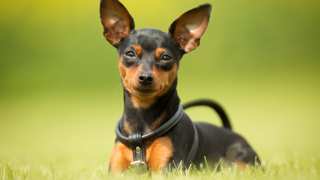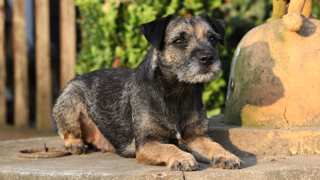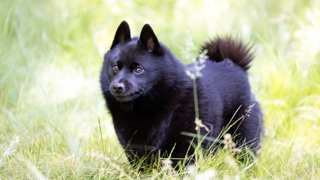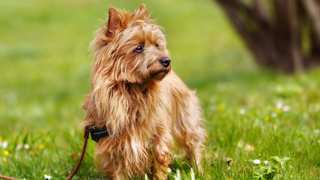The Jack Russell Terrier diet will need to include animal proteins, carbs, vitamins, minerals, and omega fatty acids--nutrients every dog needs to maintain its health in the long term. This means the best Jack Russell Terrier food is premium dry kibble, as it contains balanced portions of the above-listed ingredients. If eating high-quality brands like Royal Canin, Jack Russell Terriers will simply live healthier--and they'll live longer as well.
But just how much should a Jack Russell eat? Adult JRTs, depending on their age, size, and activity levels, will only need about 1½ cups of premium dry food per day, divided into two meals. Jack Russell food portions for puppies are a bit smaller: again depending on age, about one cup per day, divided into three meals (not two) until the age of five months.
For more info on feeding these dogs from puppyhood through maturity, here's a Jack Russell puppy feeding guide:
Dog AgeDog WeightFood TypeAmountFrequency2 Months3 lbsDry (Puppy formula)0.15 cups3x/day3 Months5 lbsDry0.25 cups3x/day5 Months9 lbsDry0.33 cups3x/day8 Months12 lbsDry* (Puppy/Adult)0.6 cups2x/day10 Months+15 lbsDry (Adult formula)0.75 cups2x/day*--Around this time, transition to adult food by mixing in adult formula with the puppy formula, in slowly increasing amounts with each meal, for one week.
Try if possible to stick to the above-listed Jack Russell dog food portions. If constantly overfed (and under-exercised), JRTs will quickly become overweight--and a fat Jack Russell Terrier will have numerous health problems and a shortened lifespan. You can help control your JRT's weight by having consistent feeding and exercise schedules, by not feeding the dog table scraps, and by not leaving food in the dog's bowl all the time.
If you're worried your Jack Russell Terrier is overweight, try this simple test: run a hand along the dog's side, and if you can't feel any ribs, it's diet time--which means less food and more exercise!

